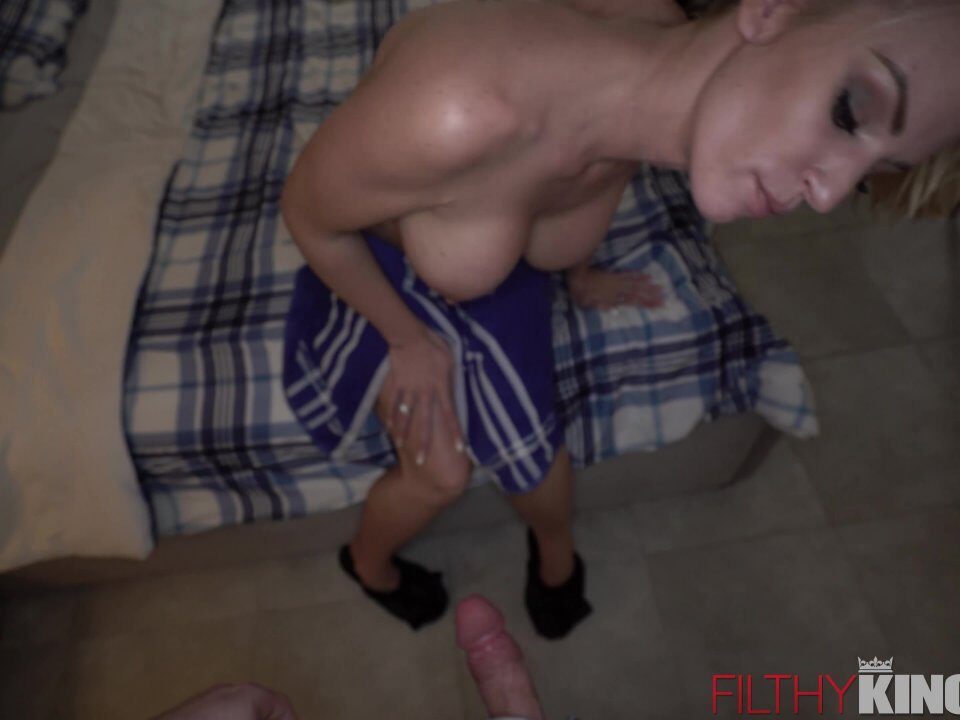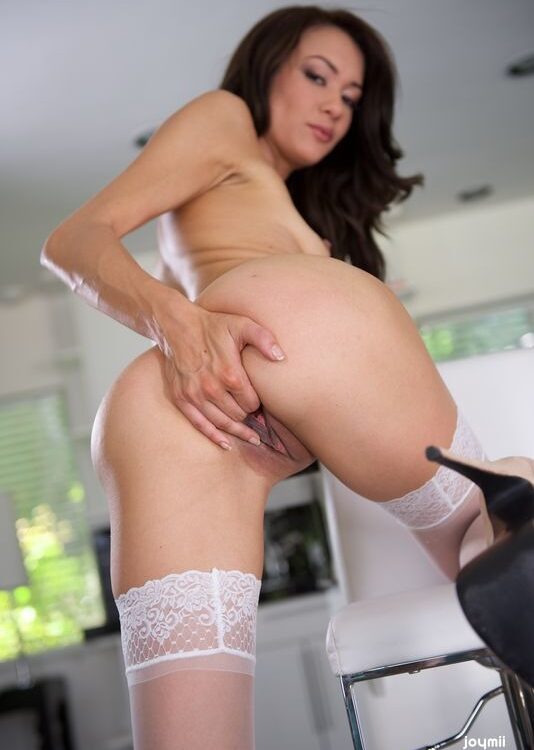
Seduction Unleashed: Exploring the Erotic Realm
January 17, 2017
Seduction Unleashed: A Playful Journey into Adult Desires
February 7, 2017Erotic literature, from the classic “Lady Chatterley’s Lover” to modern +18 stories, has long been a source of fascination and controversy. This genre explores human sexuality in a narrative format, often blurring the lines between art and explicit content. But what is it about erotic stories that captivates readers, and how do they influence our sexual expression and empowerment?
To begin, let’s define what constitutes erotic literature. At its core, erotic literature is a written work that intends to arouse its readers through the depiction of sexual acts and desires. However, it is not merely a collection of graphic scenes; these stories are often rich in character development, plot, and themes, providing a nuanced perspective on human sexuality.
Erotic stories can serve as a safe space for exploration and learning about sexual desires and preferences. By reading about various sexual encounters and fantasies, readers can gain a better understanding of their own turn-ons and turn-offs. In this way, erotic literature can be a valuable tool for self-discovery and personal growth.
Furthermore, erotic stories can help normalize and validate diverse sexual experiences, empowering readers to embrace their desires and sexuality without shame. This can be particularly impactful for individuals who may feel marginalized or misunderstood due to their sexual preferences. By presenting a wide range of sexual experiences and orientations, erotic literature can foster a greater sense of inclusivity and acceptance within the sexual landscape.
However, it’s important to note that erotic literature is not without its critics. Some argue that the genre can perpetuate harmful stereotypes and objectify individuals, particularly women. This raises the question of how creators of erotic stories can responsibly portray sexual encounters without contributing to harmful narratives.
One possible solution is for writers to focus on the emotional connections and consent between characters, rather than solely dwelling on physical acts. Highlighting the importance of mutual respect and communication in sexual relationships can help promote healthier attitudes towards sex. Additionally, explicit content incorporating diverse perspectives and experiences into erotic stories can challenge stereotypes and broaden readers’ understanding of sexuality.
In conclusion, erotic literature has the potential to significantly influence our sexual expression and empowerment. By providing a safe space for exploration and learning, normalizing diverse sexual experiences, and promoting healthier attitudes towards sex, these stories can be a powerful tool for personal growth and understanding. However, it’s crucial for creators to approach the genre responsibly and thoughtfully, ensuring that their work contributes to a more inclusive and respectful sexual landscape.
Do you agree that erotic literature has the potential to impact sexual expression and empowerment? Why or why not? How can creators responsibly approach the genre to ensure that it has a positive impact on readers?
Erotic literature can indeed impact sexual expression and empowerment, as it can help normalize diverse sexual experiences and provide a safe space for exploration. To ensure a positive impact, creators should focus on emotional connections and consent, incorporate diverse perspectives, and challenge harmful stereotypes. By doing so, they can promote healthier attitudes towards sex and foster a more inclusive sexual landscape.
As a creative writer, I believe that the power of storytelling extends beyond entertainment. By crafting responsible and engaging erotic stories, we can contribute to a more open-minded and sex-positive society.



